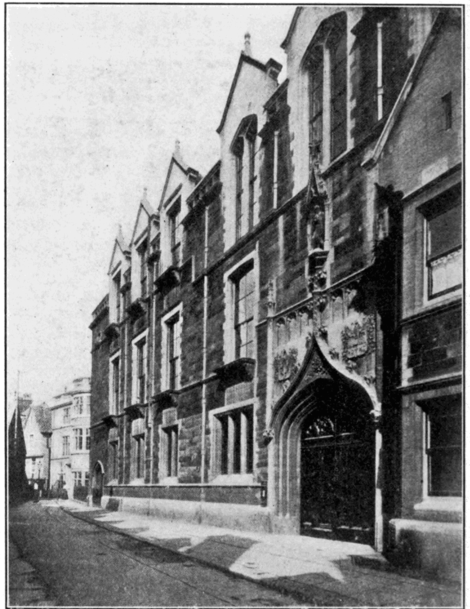not so the accomplishment of the men who have directed it and worked in it.
J. Clerk-Maxwell was Cavendish professor of experimental physics from 3871 until his untimely death in 1879, Professor Fleming writes that one of his great courses of lectures on electrodynamics was attended by only one other student, but Hicks, Schuster, Chrystal, Poynting and Glazebrook were among those who worked in the laboratory. Maxwell's investigations on electricity, magnetism and light were in the main theoretical, and their epoch making importance was fully recognized only after his death; but he exerted great influence on teaching and research in experimental physics.
Lord Rayleigh succeeded Clerk-Maxwell in 1879 and retained the chair until 1884, when he retired to his private Terling Place estate and laboratory. During the period of his professorship he completed his exact measurements of electrical units and other researches of fundamental importance. Regular courses for students were established and women were admitted to the laboratory.
J. J. Thomson, then in his twenty-seventh year, was elected to succeed Lord Rayleigh. He had come to Cam-


